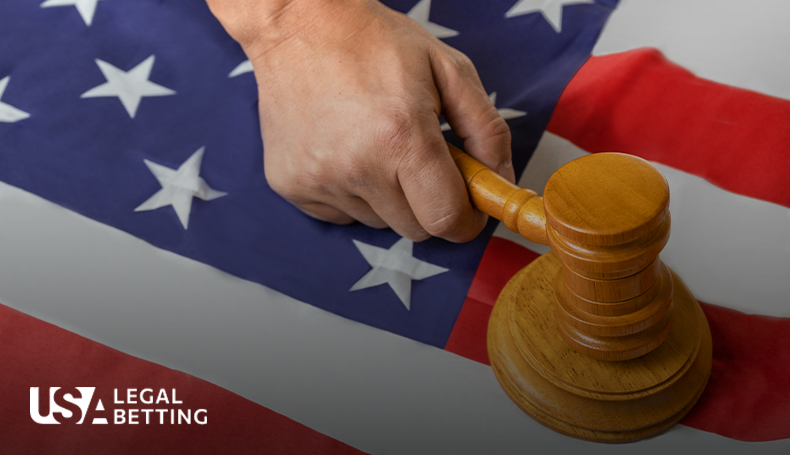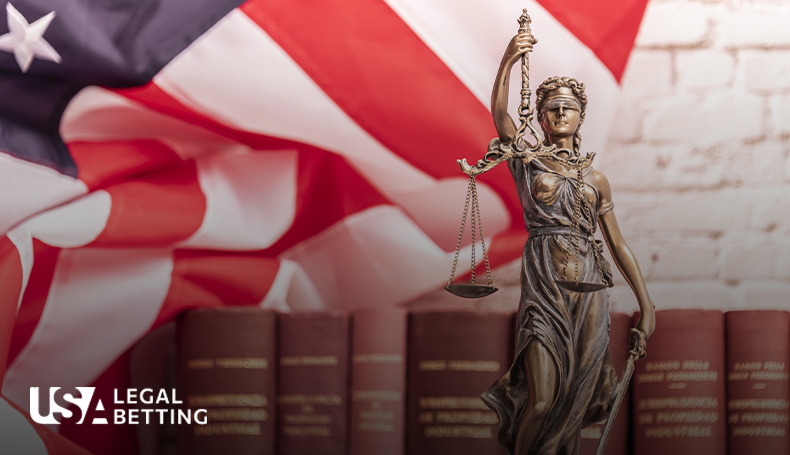Sen. Greg Albritton (R-22), who is sponsoring the bills in the Senate, said the changes were made in an effort to reduce objections from dissenting lawmakers and ensure Alabama can establish a larger gambling market, even if it is smaller than first proposed.
Alabama sports betting ultimately became a victim of the changes because it is still a controversial topic in the religious South despite 38 states already offering such services.
The bills now call for the creation of a regulatory agency called the Alabama Gaming Commission, a state lottery, parimutuel betting on dog and horse racing, and three tribal casinos. Alabama Gov. Kay Ivey also must agree to a gaming deal with the Poarch Band of Creek Indians.
“The reason for [removing sports betting], frankly, is we do not have the votes to get those incorporated here. So what we have is a reduced package from what we received from the House to accommodate and to match what we can vote to get through,” said Albritton.
The committee discussed amending the bills during its meeting last week.
According to the original proposals, Alabama would create up to 10 casinos, a state lottery, and a market for both retail and online sports betting sites.
Several committee members, including Sen. Bobby Singleton (D-24), argued against the changes. One of the common themes of the protests was that the state is losing out on a huge amount of potential tax funding by continuing to outlaw sports betting, which only leads to higher activity in the illegal gambling market.
“We’re leaving a whole lot of money in the state,” said Singleton. “We know it’s going on in this state on a regular basis. Can someone explain that to me?”

















